An education and research expert, Moses Udoisoh, has faulted the Federal Government’s recent decision to remove Mathematics as a compulsory admission requirement for students seeking to study Arts and Humanities in tertiary institutions, describing it as “a policy that could weaken Nigeria’s competitiveness in the global academic and technological space.”
The Federal Government, through the Ministry of Education, recently announced a revision to the National Guidelines for Entry Requirements into Nigerian Tertiary Institutions (NGETI), under which Mathematics is no longer mandatory for Arts and Humanities candidates in universities, polytechnics, and colleges of education.
The policy, according to the Ministry, aims to remove barriers to tertiary education access for students who are strong in Arts but struggle with Mathematics. The government said the reform, part of its Renewed Hope Agenda, could increase annual tertiary enrolment by up to 300,000 students.
While the move has received support from some quarters, it has also drawn sharp criticism from educators and stakeholders who argue that it may discourage analytical learning and critical reasoning among students.
Reacting in a post shared on Facebook, Udoisoh argued that the decision reflects a “limited understanding” of how interconnected education disciplines have become globally.
> “I do not argue the importance of having basic Mathematics and Science knowledge with those whose scope of reasoning is limited by the Nigerian space,” he wrote.
“The child of today is not competing with his Nigerian peers but with the child raised in the first world nations.”
Udoisoh, who mentors students on winning Master’s and PhD scholarships abroad, said the policy could disadvantage Nigerian students internationally, as Mathematics and data-driven skills are now deeply embedded in all academic fields.
“For anybody who has met a 10-year-old raised in China, America, the UK, Germany, or Israel, your assertion about Mathematics will certainly be different,” he noted.
“The world of Arts and Humanities is now interwoven with technology and scientific inquiry — Linguistics has evolved into Natural Language Processing, Law now involves AI and Cyber Tech, Music explores its therapeutic effects, and Religious and Cultural Studies rely on data science and machine learning.
How will the child you advise to shun Mathematics today maneuver this new world order?”
He concluded by warning that social media debates around the issue have been dominated by people “talking about what they do not know.”
Stakeholders have continued to react to the Federal Government’s policy, with some calling for a partial review rather than an outright removal of Mathematics, suggesting that a basic numeracy module be retained for all undergraduates regardless of discipline.






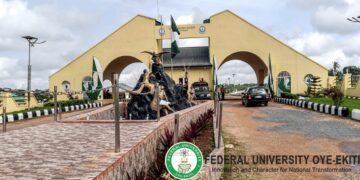



























































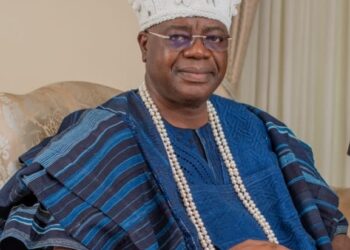
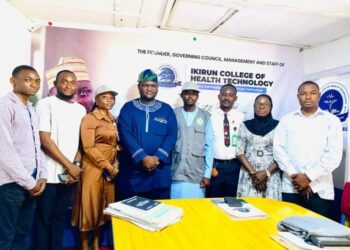

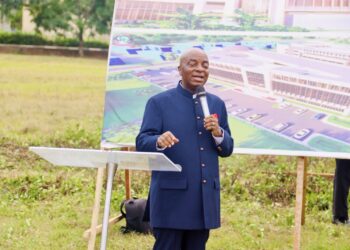
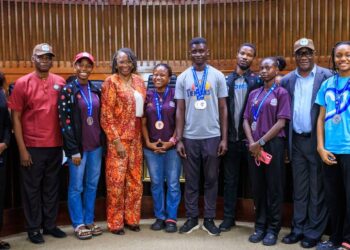
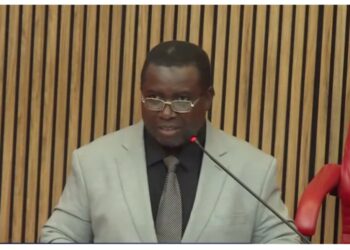










 EduTimes Africa, a product of Education Times Africa, is a magazine publication that aims to lend its support to close the yawning gap in Africa's educational development.
EduTimes Africa, a product of Education Times Africa, is a magazine publication that aims to lend its support to close the yawning gap in Africa's educational development.